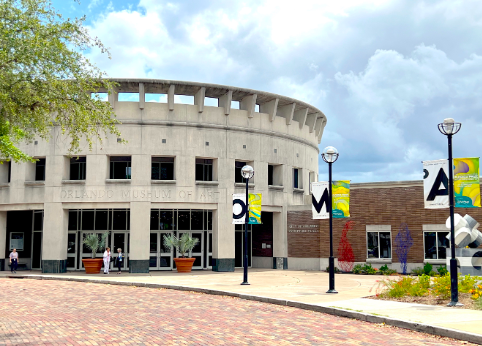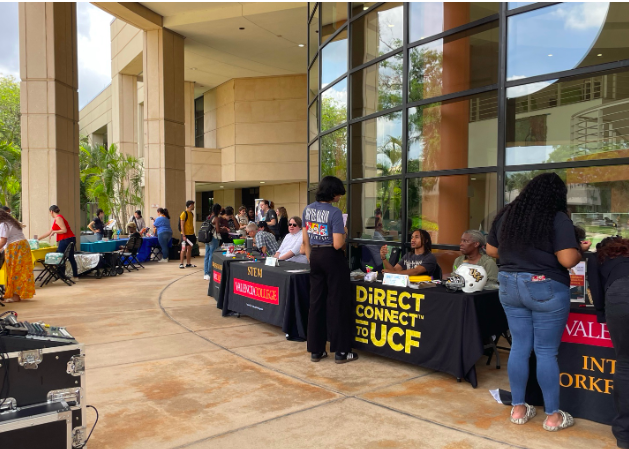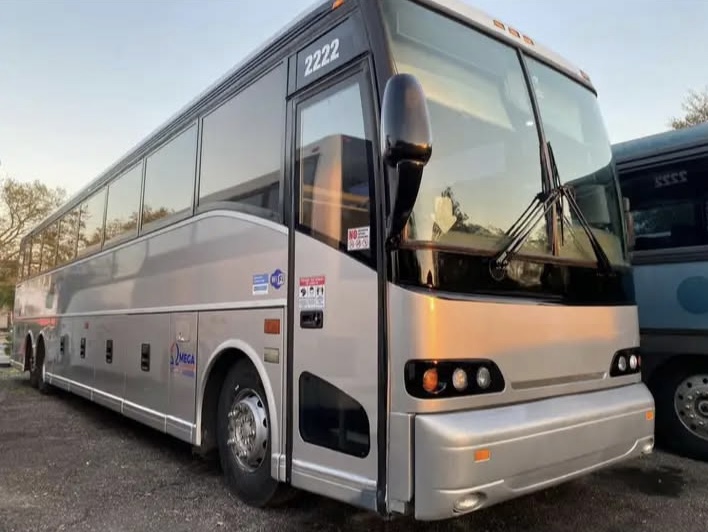Central Florida News 13 anchor Adam Longo made a special trip to the Valencia East Campus on Thursday to discuss freedom of the press and the benefits of being a journalist specifically in the state of Florida.
“The public records laws are the most interesting thing about covering stories in Florida,” said Longo.
As one of the main reporters at CFNews 13 on the Casey Anthony case from the moment that it started to the last day of the trial, Longo was able to learn firsthand about what exactly was public record in the state of Florida and how a journalist was able to get a hold of it.
Longo explained that court discovery had much to do with the public being able to find out a lot about the case against Casey Anthony. Court discovery essentially means that all evidence and information in a case must be shared between the prosecution and defense teams. Once that occurs, it is then made public record.
“With the Casey Anthony case, there was something new to report every day,” said Longo. “I would come into work at 8 a.m. many days with no new information, but by 11 a.m. there would be something new that happened.”
Longo pointed out that law and journalism are two careers that complement each other. One could still exist without the other, but neither would be made as interesting if the other didn’t exist.
“Limitations stink as a journalist,” said Longo before discussing Florida Statute 119, which interprets exactly what is public record in the Sunshine State.
Longo explained that some people may try to hide or keep information from a journalist because they see the press as intrusive, but that they may not always be able to do that, which is why getting familiar with Florida Statute 119 is important for a journalist.
“People need to be challenged about this sometimes,” said Longo. “The law wouldn’t allow you to access public records if it shouldn’t happen. If you don’t ask the questions, you don’t get the answers.”






